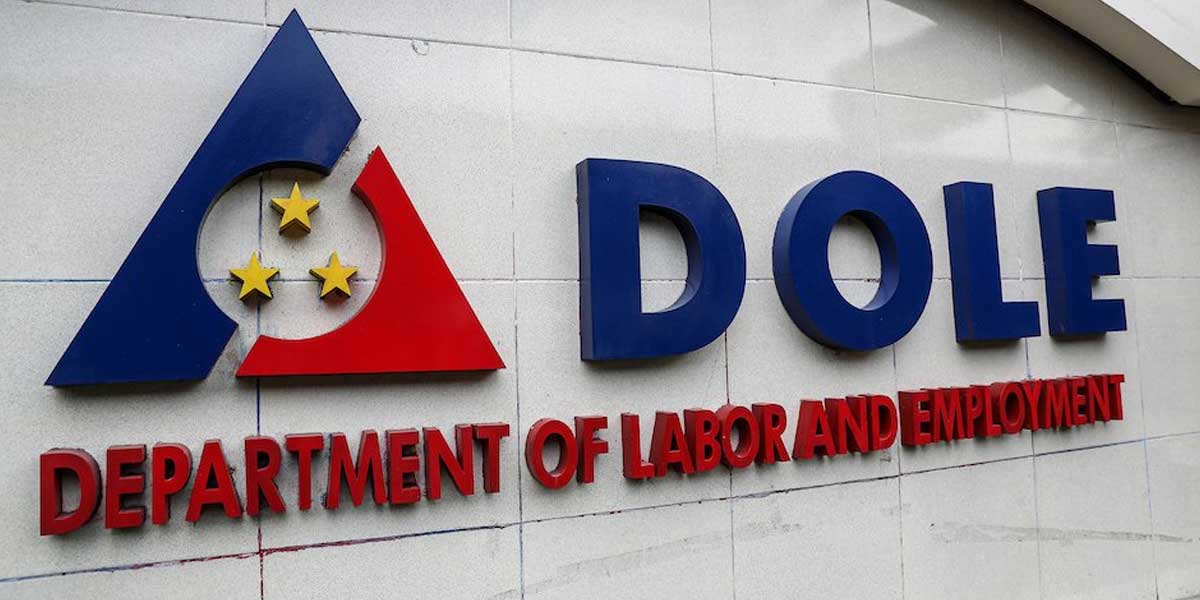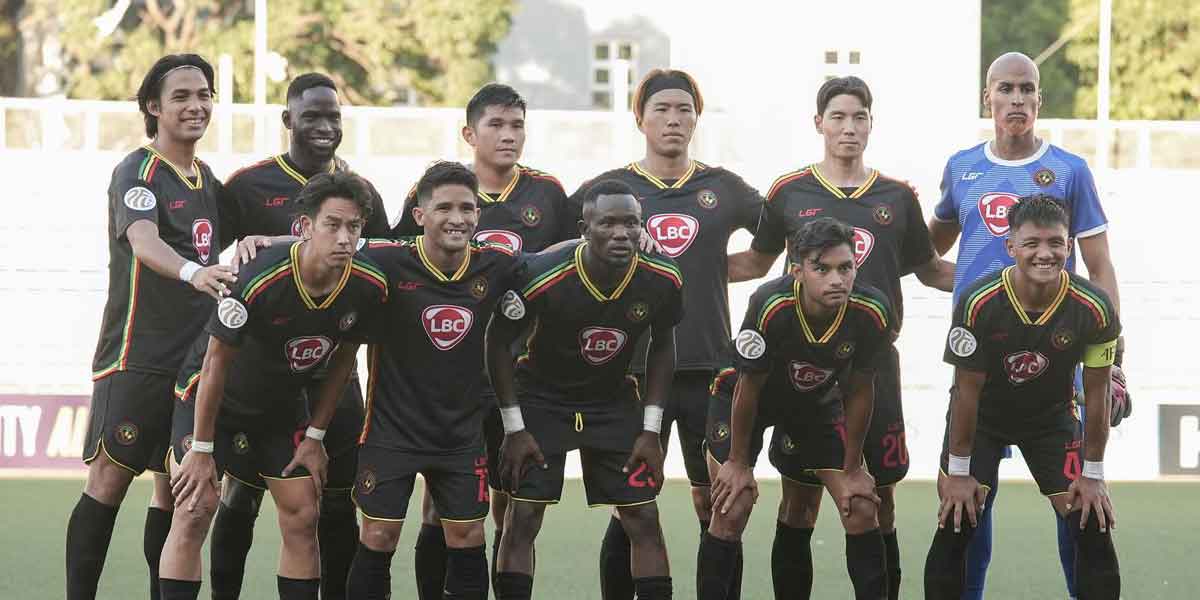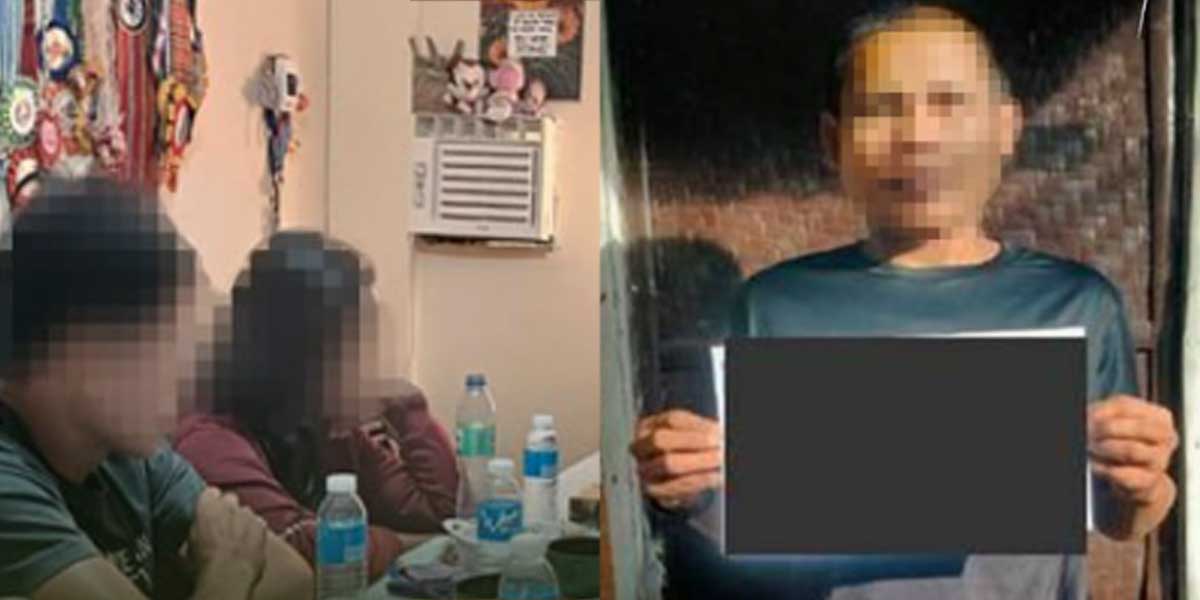By: Ging Cristobal
A NATIONAL election took place in the Philippines on May 13. Marred by controversy, accusations of vote-buying and faulty counting machines, the results of the election were correspondingly conflicting, further widening the divide between those loyal to the current government and president, and those eager for change.
Same-sex sexual activity has never been illegal in the Philippines, and societal attitudes have been improving. However, no national-level legal or policy protections exist for LGBTIQ (lesbian, gay, bisexual, transgender, intersex and questioning) people yet, and a national anti-discrimination bill that includes grounds of sexual orientation and gender identity has been stuck in Congress for a number of years. What do the results of the recent elections mean for prospects for LGBTIQ equality going forward?
ELECTION RESULT OVERVIEW
Many see the election results as a strong vote of support for controversial President Rodrigo Duterte. The ruling party, PDP-Laban (Partido Demokratiko PilipinoLakas ng Bayan), received 98% of the vote, according to the Election Commission, with key high-profile candidates including three of Dutertes children, as well as other relatives or known associates. As such, power very much remained in the hands of a specific political dynasty both in the Senate and the House of Representatives.
At the same time, at local levels, in cities, municipalities and provinces, a number of political-dynasty inserts were toppled, breaking their grip and bringing in new faces. However, whether the new faces may have connections to some of the other political dynasties is not entirely clear in all cases, and as such, the grip of the dynasties could well be continuing at a local level as well.
OVERALL IMPACT
The resounding support for the ruling party, across local and national levels, ensures that upcoming policy priorities of the government will receive broad political support. Among them are plans that stand in stark opposition to international human-rights standards such as plans to reinstate the death penalty for heinous crimes and to lower the age of criminal liability to nine years. Furthermore, the government intends to change to a federal system, which could further solidify power within the hands of political dynasties, though the details, and therefore full potential impact of this plan, are unknown.
IMPACT ON LGBTIQ COMMUNITIES
There is no clear position among LGBTIQ communities about whether the result of the election is a welcome one. There are members of the community on both sides of the debate. What is undeniable is that at local and regional political levels, a number of politicians openly supportive of progress for the rights of LGBTIQ people were elected, with some even openly supportive of not only anti-discrimination measures, but also same-sex marriage.
As such, there is an air of cautious optimism among some activists. An activist with the Respeto Naman Network of LGBTIQ persons, a nationwide campaign against gender-based violence, for example, told me: We hope that the victory [of politicians openly supportive of LGBTIQ issues] means that more anti-discrimination ordinances will be enacted in their respective areas, in addition to being instruments in pushing for the passage of the [national-level] anti-discrimination bill in the Congress.
At the same time, other activists fear that the solidification of the hold of power of the ruling party at the national level, in the House and the Senate, means exactly the opposite. The Anti-Discrimination Bill has been tabled for too long now. Close to two decades of advocacy work have gone it to get this law tabled, and still it has not passed. I fear that the 18th Congress will be a huge hurdle for the LGBTIQ community, said Justin Francis Bionat of Youth Voices Count.
In addition to the bills specific to LGBTIQ people, the larger government policies cannot be ignored. As activists we cant turn a blind eye to the pending blatant attacks on human rights by means of the aforementioned priority bills. They will affect LGBTIQ people as much as, if not more than, other vulnerable groups.
The newly elected officials in the Philippines will take office at the end of June, and only then will we be able to start assessing the true impact of the recent general elections. Currently, there is cause for both cautious optimism and alarm, for the population at large, and for LGBTIQ people specifically. (This article was first published in www.atimes.com)























